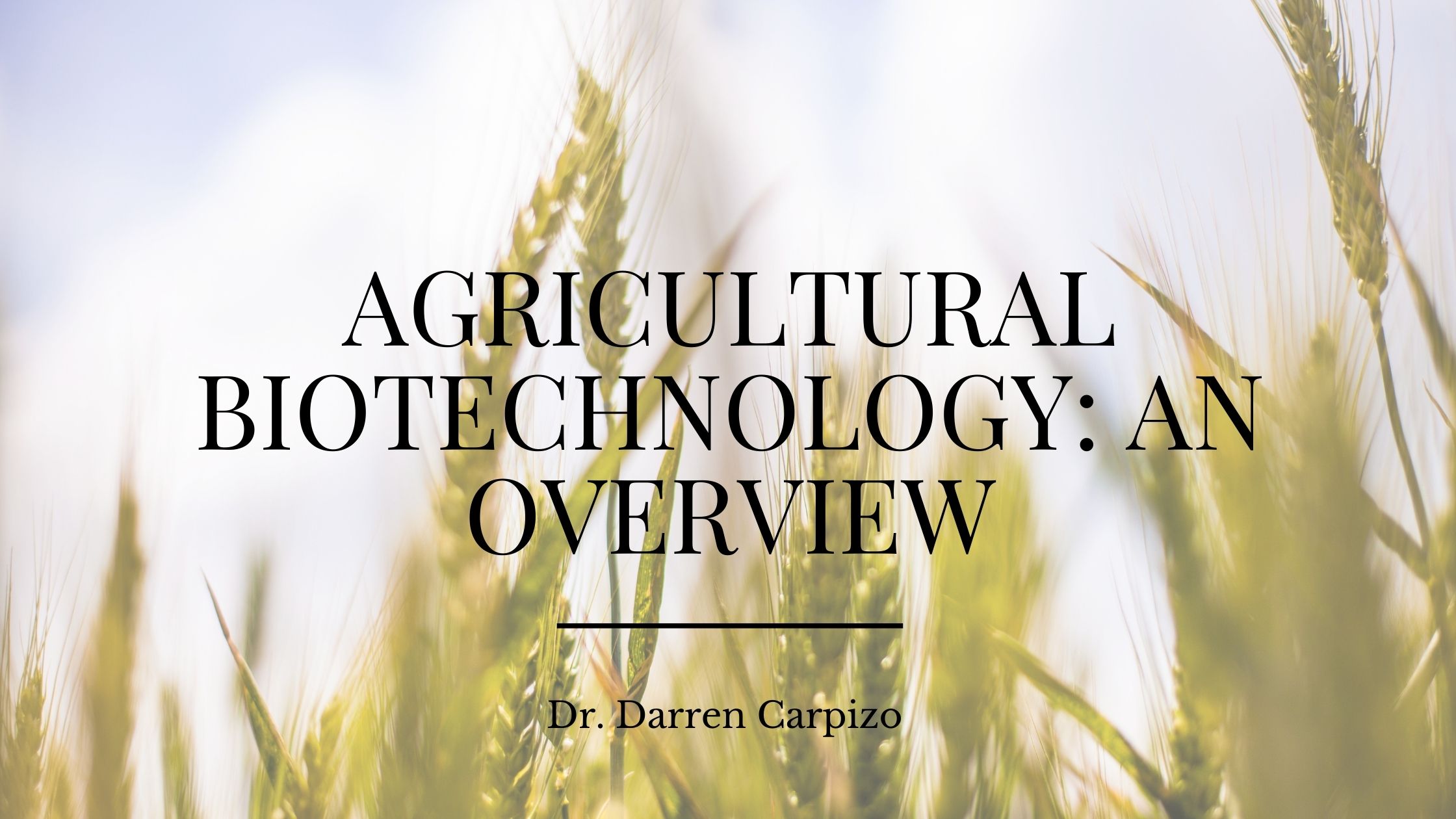Agricultural Biotechnology is the science of using tools and techniques of the scientific method to modify living organisms to create or alter products, improve plants or animals, or create microorganisms for a particular agricultural use. The scientific tools and techniques associated with agricultural biotechnology can include genetic engineering, vaccines, molecular diagnostics, and molecular markers.
These tools have been used to advance scientific knowledge of the biology of living organisms, provides an abundance of possibilities to make our food supply much more trustworthy, and allows farmers the means to make productions affordable and manageable.
The manipulation of plants and animals to create desired traits has been around for centuries. The rise of technologically advanced scientific practices in the 20th century led to many breakthroughs in the agricultural biotechnology industry with the ability to select traits of enhanced yield, drought protection, herbicide resistance, and insect defense in biotech crops.
Plants are also being developed for use as phytoremediation, which is when plants are used to detoxify the soil of pollutants and chemicals. This development could lead to better soil quality in a previously contaminated area.
The Food and Drug Administration (FDA), Department of Agriculture (USDA), and the Environmental Protection Agency (EPA) are the primary government agencies that are responsible for managing genetically modified crops (GMO). The FDA must confirm the safety of the product sold, the USDA has to approve any GMOs before being released to be sold, and the EPA regulates the use of insecticides on the crops.
Before a crop is released, the EPA and FDA will check the plant’s proteins to rule out toxicity and the chance of an allergic reaction. Over the past few decades, only a few GMOs have been approved by the USDA. Those approved include squash, alfalfa, beets, sugar, apples, soybeans, canola, potatoes, papaya, cotton, and corn.
Future advances in agricultural biotechnology could provide buyers with foods that include a decreased amount of toxicants, are more nutritionally rich, or longer-lasting. Scientists are currently researching how to reduce allergens in foods, lessen saturated fats in frying oils, and use genetically modified crops to create new medications.
Along with these, scientists are also striving to find a way to increase disease-fighting nutrients in foods.


